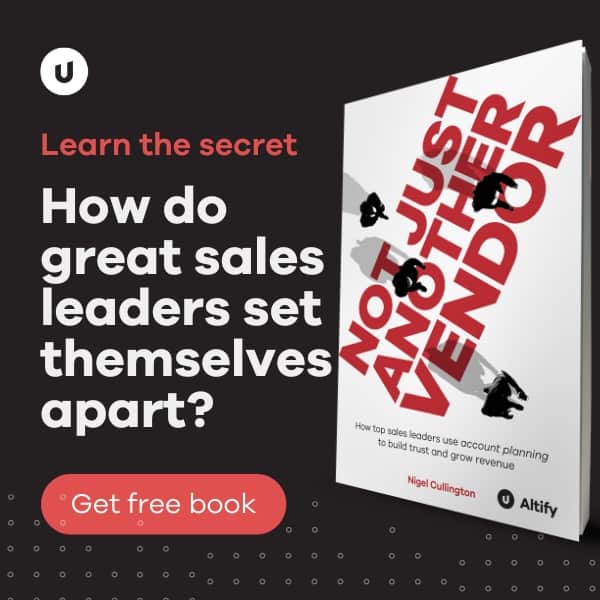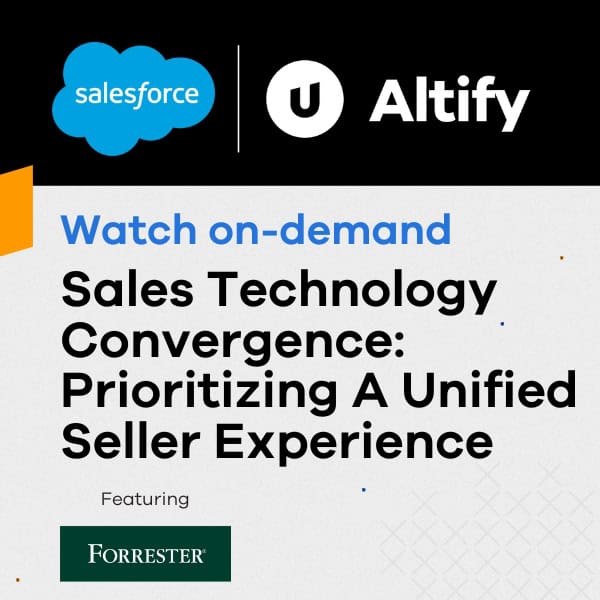A few things happened recently that, together, gave me cause to think about trust, the role it plays in our lives, and (for this post) in business. Studies just published show that our trust levels are at an all-time low. Main Street doesn’t trust Wall Street. Joe Citizen is skeptical (if not paranoid) about what the government is doing, and Jane Employee doesn’t trust her company’s leadership.
Trust is one of the fundamental tenets on which today’s society exists. If, when lost in a city you don’t know, you ask someone for directions to the business meeting you’re attending, you generally follow the directions you’re given. When driving down the street you trust that the cars coming against you will stay on their own side of the road. When you pay for parking with your credit card you assume that the fee you’re charged will be the fee posted on the price schedule beside the pay machine. You expect that the contributions your employer committed to make to your pension or 401k are being made, and when you ask your friend for advice, you believe that the advice they give is – in their opinion at least – in your best interest.
Trust is at the heart of our everyday interactions, and central to the machine that fuels business. In business relationships, such as the relationship between an employer and his or her employer, trust breeds productivity. For employers, the more they trust their employees, the more the employee feels empowered and more inclined to naturally act in the interest of the business. Too much oversight or granular micromanagement can (sometimes unfairly) be seen as a lack of trust and is at worst serious demotivation. On the other hand, not enough involvement can be perceived as being uncaring. That’s a tough balance to strike.
According to Roderick Kramer of Stanford: “Gatekeeping measures may actually have contributed to declines in public trust in business. These studies have found that ‘innocent employees’ who are subjected to additional compulsory oversight measures often become less committed to internal standards of honesty and integrity in the workplace.”
The thing about trust is; you can’t fake it. You really need to care. And this is where actions speak louder that words. In fact, action is really the only language of trust. According to Charles Green, the author of The Trusted Advisor, trust can be measured, and combines Credibility, Reliability and Intimacy – all over the denominator of Self Orientation.
Self Orientation relates to how self or others focused you are. Green suggests that people will judge this based on whether:
- You achieve your goals through helping others achieve theirs.
- You interact with others through fear or blaming.
- You interact with others from a perspective of curiosity.
- In dealing with others, you are anchored to a particular outcome.
- You are seen as focusing on the longer term relationship rather than the immediate transaction.
In these difficult times (which unfortunately will be with us for quite a while yet), progression in business demands uncommon levels of trust. My recent observations would suggest that buyers are more nervous than ever before. The emotions they experience throughout the sales cycle that I outlined in my post ‘Understanding the buyer’s emotions’ are today disproportionately weighted to mitigate risk. Reward for trying something new is rare, and career progression is seen as being linked more to not screwing up than innovating. For the wheels of commerce to keep turning, this has to change, and in the first instance each one of us has a role to play.
Many consultants and business advisors (The TAS Group included) extol the virtues of becoming a ‘trusted advisor’ to your customer. The value of the Trusted Advisor has itself become questioned. What happens if your trusted advisor is called Bernie Madoff? You end up asking yourself “How did that happen?” “What other trusted relationships do I have that I should question?” A recent article by Danielle Crittenden in the Huffington Post about the Sanford affair (Mark Sanford Governor S.C.) started with . . . “I always feel sorry for husbands on the morning after these political sex scandals break. How many thousands of dark looks are being exchanged across breakfast tables?” That’s the issue with trust. It’s a complex interwoven fabric that’s not entirely self-controlled – but that doesn’t give us a license to abrogate our responsibility.
I’ve always taken a (perhaps naive) approach to trusting someone, both in my personal and business interactions. I believe that people are inherently honest, and until you betray my trust once, I will assume the best about you. Through more than 30 years of business this has served me well. On occasion, it has cost me – but overall I would say it has enabled me to build relationships more quickly, and in business it has accelerated the pace at which I’ve developed partnerships that really work.
That’s why I was – at first – a little concerned as I began to read Roderick Kramer’s article in the June 2009 edition of Harvard Business Review. His opening take is that “Despite [the] deceit, greed and incompetence on a previously unimaginable scale, people are still trusting too much.” As I continued to read the article my disquiet abated; his proposition is less about trusting less, but more about not trusting blindly. Healthy skepticism is just that – healthy, but too much skepticism can be a retardant to progress.
When I wrote that Early Failure is Better than Late Failure, I was addressing early qualification of opportunities in a sales cycle. The principles therein though – and expounded in the title itself, could just as easily have referred to the development of trusting relationships. By adopting an open and trusting approach to a new relationship or business partnership, it lays before you an avenue of trust that allows you to say … “Ok, let’s first be clear as to what we are both trying to achieve from this relationship. Let’s figure out why this might fail, and together in an open and honest way, let’s make sure that if the partnership is going to fail, then it fails early.” Kramer suggests that our readiness to trust makes it likely that we will make mistakes, but I’d suggest that his proposition is only true when we don’t take a measured approach to trust. In fact Kramer sets out some guidelines for safer (my qualifier) trust. (The content in parentheses is mine.)
- Know yourself (understand how you interpret cues you receive)
- Start small (build in checkpoints early to trust where there’s manageable risk)
- Write an escape clause (be clear about how, when, and under what circumstances, you should disengage)
- Send strong signals (confront instances of trust abuse, quickly and clearly)
- Recognize the other person’s dilemma (consider the other person’s perspective)
- Look at roles as well as people (the role an individual plays – e.g. procurement officer – will inform their objectives and approach)
- Remain vigilant and always question (trust assessment is not a one time event)
At a corporate level, organizations that fail to be transparent will suffer in two ways. Firstly, through the increased regulation that is now deemed necessary on foot of the incredible breach of trust we’ve witnessed, organizations will have transparency forced upon them, but then it’s too late – the incredible benefits of a trusting culture will have been missed. Secondly, customers and employees alike will focus more on self-preservation in their interactions with the organizations, and that will impact the bottom line in no uncertain terms.
In that same issue of Harvard Business Review, an accompanying article is called What’s Needed Next: A Culture of Candor. For me that’s the place to focus, and it gives guidelines to each of us (though its positioned to the leadership of companies – which for me let’s everyone else off the hook). There should be no surprises here – but these are good practices to embrace or revisit. (Once again, the content in parentheses is mine.)
- Tell the truth (Well, yes!)
- Encourage people to speak the truth to power (Ignore hierarchy when it comes to truth and trust)
- Reward contrarians (Allow all assumptions to be challenged)
- Practice having unpleasant conversations (Sometimes being honest is unpleasant – but it’s always necessary)
- Admit your mistakes (Then everyone else can)
- Build organization support for transparency (Through actions, not just words)
- Set information free. (Trust your employees to do the right thing)
My experience would suggest that trust is a potent weapon in sales, as in all of business. But someone has to show leadership and someone has to take the first step – which involves exposing themselves to some risk. But it’s worth it. Clarity results and relationships develop. Quickly you can discover whether the particular relationship (sale, contract, partnership) is worth pursuing and whether there is true alignment between the parties. When the parameters of mutual benefit is understood, and the parameters, borders, or guardrails are clearly established, the fog lifts, objectives are shared, and business velocity ensues.
If you fail to establish trust you will fail. Put yourself on the line. Remember, action is the only language of trust. Deliver more than you expect to receive. You might be surprised at the return.



